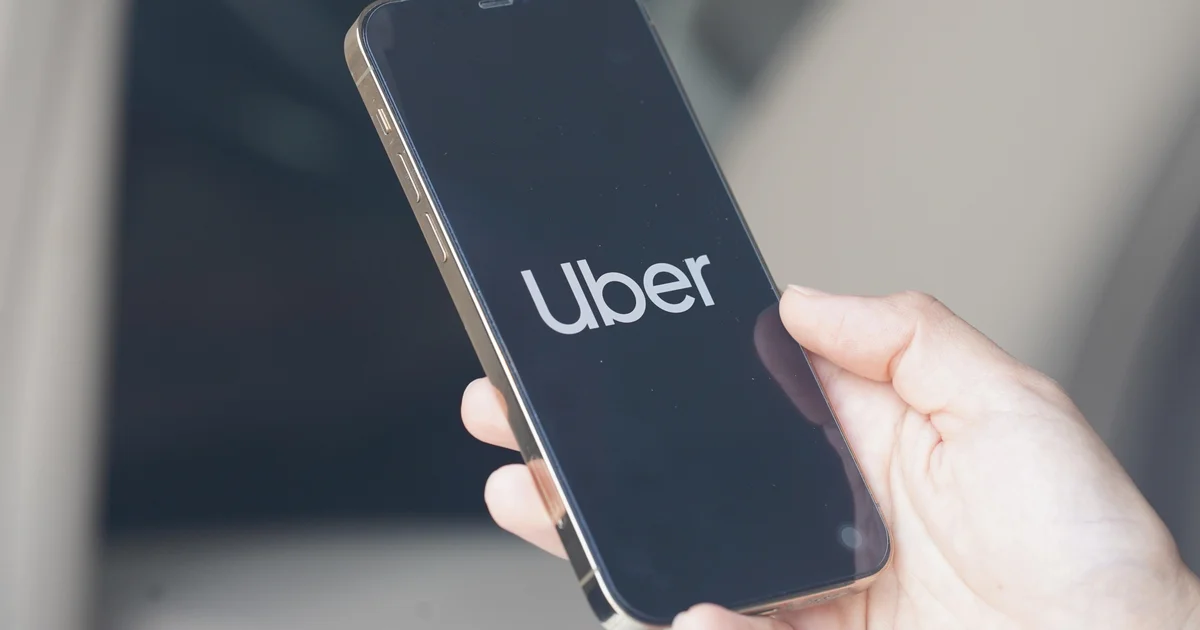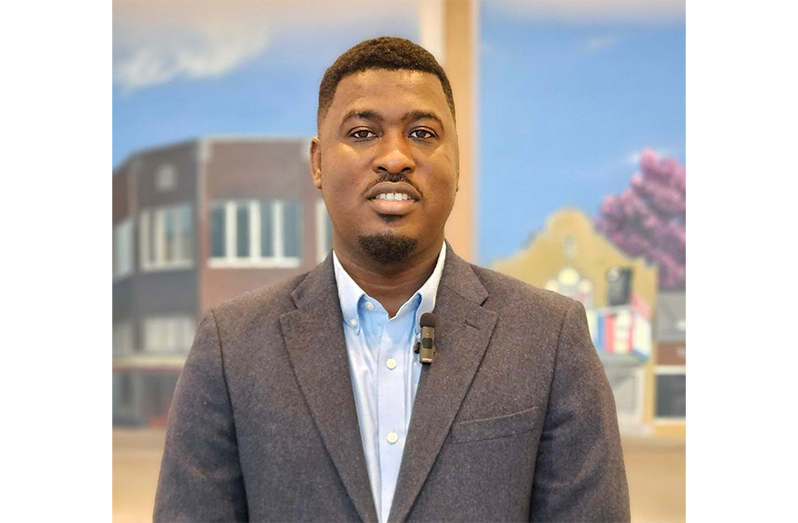Copyright CBS News

A Collin County jury has convicted a Frisco-area Uber driver of sexually assaulting a 12-year-old girl. Now the child's mother is speaking to CBS News Texas, coming forward because "she doesn't want this to happen to anyone else." "Like, my heart just sunk," the mother said. "You don't ever wish this on your child." The girl, whose identity is being protected, was 12 at the time of the assault. She was receiving treatment for anxiety at a pediatric mental health facility in Frisco that used Uber Health to arrange transportation. "They offered this service, and I thought it was safe," her mother said. According to court testimony, Robert Johnson III, 33, was supposed to drive the child straight home. Instead, prosecutors said, he pulled over twice, stopping in parking lots to assault her. The girl later told her mother she was afraid because "he knew where we lived." The arrest and disappearance The case did not end with Johnson's first arrest. After being taken into custody and later released, Johnson cut off his ankle monitor and disappeared. Collin County authorities issued a "be on the lookout" bulletin for him. About six months later, he was arrested at a Houston McDonald's after what officials described as a shootout with officers. He was then returned to Collin County to stand trial. In late October, a jury sentenced him to eight years in prison for sexual assault of a child. A ride that should not have happened alone Uber's own policy states that minors are not allowed to ride alone. The company's website says trips must be requested by someone 18 or older and that "unaccompanied minors are not permitted to use the Uber app." "Why did they have the policy?" asked the family's attorney, Robert Greening. "Well, we allege they had the policy because of all the statistics they themselves have acknowledged and published about thousands of sexual assaults, situations that have occurred over the years in their cars." The mother has since filed a civil lawsuit against Uber, hoping to raise awareness and push for stronger protections. "I should have done more research," she said. "I should have looked into it more. Turned out to be a nightmare." Sexual assault statistics and discrepancies Uber reported 12,522 sexual assaults in the United States between 2017 and 2022. A transparency report from Lyft, Uber's biggest competitor in the ride-sharing industry, cited 6,809 assaults over roughly the same period. Together, the two companies disclosed nearly 20,000 such incidents over six years. Both companies stress that these incidents represent a fraction of total rides, about 1 in 700,000 (0.0001%) for Uber and about 1 in 430,000 (0.00024%) for Lyft in 2022. But a New York Times investigation found sealed court documents showed Uber received more than 400,000 complaints of sexual assault or misconduct in the United States between 2017 and 2022, far higher than the totals made public. A Government Accountability Office (GAO) report released last year questioned the reliability of rideshare sexual assault statistics, citing "underreporting of incident details" and "underreporting of assaults." The auditors wrote that the companies' statistics "are limited to what is reported to them" by riders and drivers, and that available data "do not describe the extent of assaults." The GAO report also questioned six federal databases, including the National Crime Victimization Survey (NCVS), Census of Fatal Occupational Injuries (CFOI), Survey of Occupational Injuries and Illnesses (SOII), National Vital Statistics System (NVSS), National Electronic Injury Surveillance System-Occupational Supplement (NEISS-Work), and OOSH Information System (OIS). The auditors state some of the rideshare statistics "are not complete" and do not "describe the extent of assaults." "I'd say one sexual assault is too many," Greening said. A lawmaker's personal push for change In Colorado, state Rep. Jenny Willford introduced a bill that would have required annual reports on rideshare assaults, accidents and other safety data, along with enhanced driver background checks and in-car video recording. "There is no uniform nationwide statute that requires Uber or Lyft or any rideshare to disclose all safety-related metrics," Willford said. "That's a major gap in whether or not these apps are safe to utilize." For Willford, this battle is personal. "I was sexually assaulted by a rideshare in view of my home, where my husband and two children were sleeping, and it absolutely changed my life forever." Her bill passed both chambers of the state legislature but was vetoed by Gov. Jared Polis following strong opposition from Lyft and Uber, including claims Uber would leave the state. In his veto letter, Polis wrote: "While I appreciate the sponsor's intent to ensure safety and believe we should take further steps to improve safety, I want to make sure that Uber, Lyft, and others will be able to continue to operate in Colorado." Willford called the decision disheartening. "It is frustrating," she said. "You're telling your story over and over again and being vulnerable and hoping that by using your platform something is going to change… and then for big tech to continue to win, it's devastating. It's definitely a David and Goliath battle." Headed back to court The Frisco mother has since returned to court for a civil suit against Uber. She says her daughter testified at the criminal trial to protect others. "The reason she's testifying," the mother said, "is she doesn't want this to happen to anyone else." Statement from Uber "Sexual assault is a devastating crime, and even one incident is one too many. At Uber, we take every report seriously, including working closely with law enforcement to support investigations. While the vast majority of trips — 99.9% — happen without any safety-related reports, we continue to invest in technologies and policies to help protect everyone on the platform. From background checks and GPS tracking to in-app emergency features and support from safety agents, we are committed to building a safer ride experience and to working with experts to help prevent harm before it happens." Uber Health also stated that since the Collin County incident, it has done the following: Taken additional steps to reinforce this requirement, ensuring it is even more explicit and by providing enforcement reminders. Introduced safety features for those Uber Health riders who may not have access to a smartphone, as well as those who don't have the Uber app. These features include a 911 integration which allows a rider to digitally send key trip details to 911 dispatchers. Introduced three-way texting for a rider without the app to text the ride coordinator and driver at the same time. Further refined criteria for drivers taking Uber Health trips. An Uber spokesperson also said, "Safety is at the core of everything we do, and Uber is deeply committed to the safety of riders on the Uber app." Statement from Lyft "Any act of violence or assault has no place in the Lyft community or our society. When an incident is reported to us, our trained team takes immediate action to investigate, provides our support to the victim, and works with law enforcement on any investigation. We're constantly improving our safety measures, and we share detailed data and methodology in our Safety Transparency Report, which shows that serious safety incidents are exceedingly rare. However, even one incident is too many, and we will continue investing in technology, policies, and partnerships to try to prevent and detect unsafe situations." A Lyft spokesperson also said, "Lyft's safety efforts extend well beyond reporting. The company continues to invest in technology, policies, and partnerships to help prevent and detect unsafe situations, including the following, which may also be found on our Safety page." What riders can do to stay safe While companies say they've invested millions in safety technology, including real-time ride tracking and in-app emergency buttons that connect directly to 911. Advocates say riders should still take precautions:



